Taking for granted access to disabled transportation or wheelchair ramps occurs these days, something veteran disability advocate Anita Cameron discusses at length during a recent phone interview with The Mobility Resource. You may recognize Cameron’s name from TMR’s 25 Mobility Movers and Shakers series back in December. Interested in learning more about her advocacy efforts and the ADAPT organization, TMR reached back out to Cameron.
Access Not Always There
Born in 1965 with several disabilities such as mobility limitations, epilepsy and congenital cerebellar ataxia, Anita Cameron grew up in a time before Americans with Disabilities Act (ADA) and Individuals with Disabilities Education Act (IDEA). She considers the access now often taken for granted encouraging but problematic. “We have folks with disabilities, growing up who don’t realize there was a world ever without access and I run into these folks. On one hand it’s a great, great thing. It shows how far we’ve come.”
Yet a risk stands. The struggles to obtain said access will become lost. “It takes the old timers, particularly the ADAPT folks who fought for access and went to jail numerous times over that and the folks in the education realm who did the old 504 sit-ins back in the day. We have to tell these young folks with disabilities coming up ‘Yes, enjoy the privileges that you now have, the access and everything like that but just understand you didn’t always have it. There are people who are alive who can tell you what it was like to grow up in a world without access.”
More Work Lays Ahead
While access to items like disabled transportation and wheelchair ramps improved strides since Cameron first became a disability advocate, she admits more work is ahead. She cites Individual Education Plan (IEP) diplomas. “I am still seeing today where kids with disabilities are going through high school in mainstream instances and graduating only to find out they cannot go to college because they have what is called an IEP diploma.” These graduates can’t go to college because the U.S. doesn’t recognize IEP diplomas as an equal to traditional high school diplomas.
Cameron emphasized diversity, both internally and externally, as another issue to the disability advocacy movement. Internally, Cameron shares her personal experience. “A major, major concern for me as far as finding a home, if you will, in the social justice movement was as a person of color the vast of movements I joined prior to ADAPT I was literally the only person of color involved. So I kind of felt I didn’t belong in a way because there was no one there that looked like me, that understood me, and all that.”
Externally a need to better understand the disability community’s makeup exists. “Disabled folks aren’t just this one big monolithic group that is simply disabled. Disability covers everything. It’s literally the most inclusive group to belong to because disability doesn’t discriminate.”
The Overall Mission
To close out the conversation, Anita Cameron gives her vision for what she hopes disability advocacy efforts will bring. “In a society where it means nothing to see someone with a disability getting around on the bus, going to school, going to their regular good paying job, living in a regular old house in a regular old community. I live for the day where that’s just nothing.”

Find your perfect Wheelchair Van
Select from thousands of wheelchair vans for sale from hundreds of nationwide dealers
The Mobility Resource has one of the largest selections of Dodge, Toyota, Chrysler, Honda, Ford, Chevrolet wheelchair vans
View All Wheelchair Vans




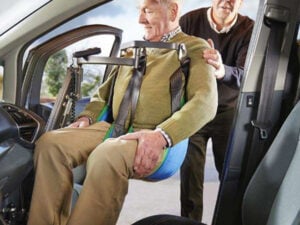




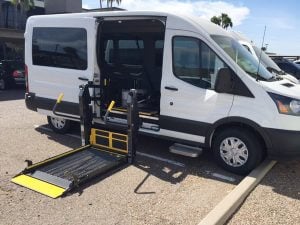


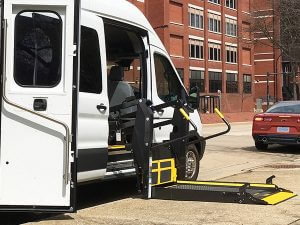


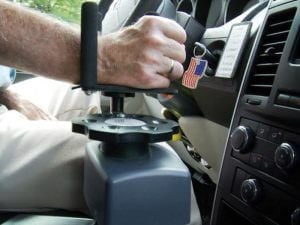

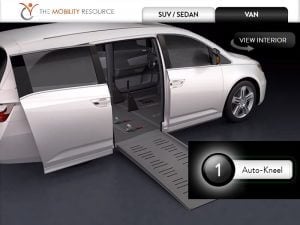
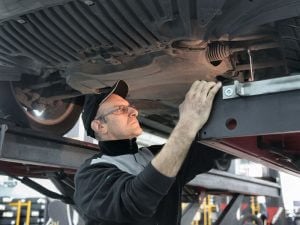



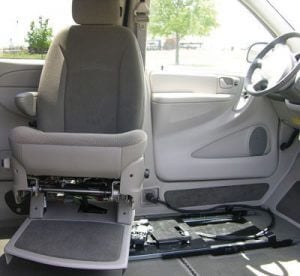
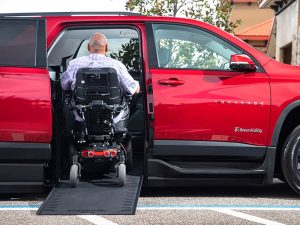
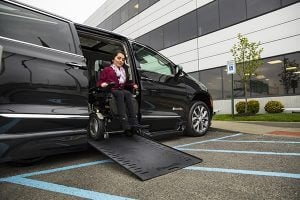

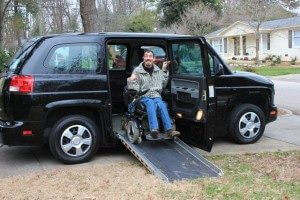







Tweet
Share https://www.themobilityresource.com/blog/post/better-understanding-the-disability-advocacy-movement/